



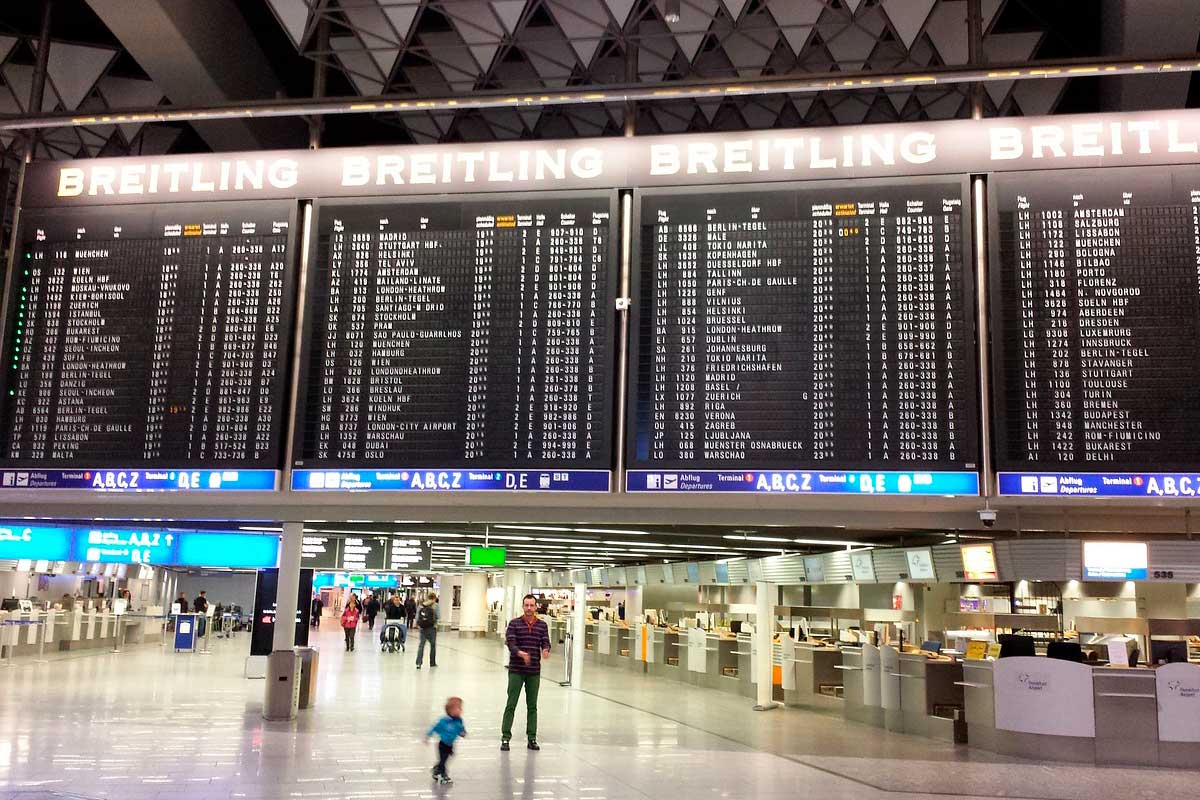
In the modern travel landscape, efficiency and cost reduction are often seen as the twin engines propelling the airline industry forward. The relentless pursuit of these goals has led to a significant transformation in how passengers interact with airlines at every touchpoint. From online check-in and automated luggage drop-off to biometric boarding, technology has streamlined processes, promising a seamless journey from the living room to the airplane seat. Yet, this march toward automation, largely driven by the aim to reduce the reliance on airline employees, has introduced an impersonal dynamic to passenger interactions. However, amidst this shift, a paradox emerges: Can the same technology that distances us also bring us closer together? The answer lies in the potential of Artificial Intelligence (AI) to foster a more humanized, personalized, and enriching travel experience, even as human touchpoints diminish.
The Efficiency Imperative
Automation's rise in airports worldwide isn't just about cutting costs by trimming the workforce. It's about smartly reallocating resources to where they're most needed, enhancing operational efficiency, and ultimately, enriching the passenger experience. Self-service kiosks and biometric scanners streamline mundane tasks, reducing queues and wait times, and freeing up airline staff to address more complex customer needs. Yet, the ultimate goal of these innovations is not merely to save on salaries but to create a smoother, more enjoyable journey for every traveler.
The Cost of Impersonality
The efficiency gains from automation are undeniable, yet they come with a hidden cost: the erosion of personal interaction between airlines and their passengers. This shift risks turning the travel experience into a series of transactions, where passengers are guided more by screens and sensors than by smiles and human warmth. The challenge, then, for airlines is to navigate this new landscape without losing the essence of what makes travel memorable: the human connection.
AI: The bridge over impersonal waters
This is where AI steps in, not as a replacement for human interaction but as its enhancer. Far from being just a tool for operational efficiency, AI holds the key to personalizing the passenger experience at scale. For instance, AI-powered chatbots can provide 24/7 assistance, handling routine inquiries with ease while directing more complex issues to human agents. This ensures that passengers feel supported at every step of their journey, regardless of the hour or issue at hand.
Predictive personalization: The next frontier
Beyond reactive services, AI enables airlines to anticipate passenger needs and preferences, crafting personalized experiences that were once the domain of luxury travel. By analyzing historical data and current trends, AI can suggest optimal travel times, anticipate delays, and even offer personalized recommendations for in-flight entertainment and meal choices. This level of service, powered by AI, ensures that passengers feel recognized and valued, not as mere ticket numbers but as individuals with unique preferences and needs.
A new management paradigm
Achieving this balance between automation and personalization requires a shift in management philosophy. Airline leaders must view technology not merely as a means to reduce costs but as an opportunity to redefine the passenger experience. By investing in AI and other technologies, airlines can create a new kind of travel experience, one that marries efficiency with empathy, automation with personalization.
Envisioning tomorrow: A harmonized journey ahead
As the airline industry continues to evolve, the integration of AI into customer service operations stands as a testament to the potential for technology to enhance human connections. In this new era, the goal is not to remove humans from the equation but to leverage technology to make every interaction more meaningful. By embracing AI, airlines can ensure that, even as the journey becomes more automated, the skies remain as friendly as ever.
The future of air travel lies not in choosing between human warmth and technological efficiency but in finding innovative ways to combine them. As airlines navigate this path, they have the opportunity to redefine what it means to fly, transforming the skies into a place where technology brings us closer together, making every journey an unforgettable chapter in the larger story of our lives.
Within the transformative embrace of AI, we discover a profound insight, a reminder that pulses at the core of our industry's evolution—the passenger, the individual, is our true focal point. Amidst the marvels of automation and the efficiency it heralds, AI's greatest gift may well be its ability to bring us back to this fundamental truth. By tailoring experiences with a precision and understanding previously unattainable, AI re-centers our focus on the human element of travel. This technological leap it's a beacon that illuminates the heart of our industry—the people we serve. In this digital age, as we stand on the cusp of what might seem like a new world, the implementation of AI is a poignant reminder that at the end of every journey, every click, every automated process, is a person seeking connection, comfort, and a sense of belonging.
(Source: Aerovalue)

IThe security sector in Spain, and by extension, in many parts of the world, is at a crucial crossroads. Governed largely by public sector contracting Laws, where public administrations emerge as the primary client, a peculiar situation has unfolded. Private security companies, in essence, transform into pseudo temporary employment agencies. Upon winning a tender, these companies inherit the employees of the preceding entity, only to potentially pass them on to the next victor in this perpetual cycle. This model, deeply ingrained in Spain's private security framework, stifles innovation and the implementation of advanced methodologies, including essential technological advancements, due to the fear of deviating from stringent tender specifications.
Shift towards Intelligent Security
The narrative, however, is on the brink of a revolutionary shift, spearheaded by the concept of Intelligent Security. This transformative approach is predicated on the integration of technological prowess, particularly Artificial Intelligence (AI), into the very fabric of physical security processes. Furthermore, it advocates for a marked enhancement in quality training, transcending the basic requirements mandated by law for service provision. This evolution is not just about adhering to regulations; it's about redefining the essence of security itself.
Professionalism and limitations
In Spain, security personnel are lauded for their professionalism, a testament to their commitment and capability. Yet, this commendable attribute is overshadowed by an overarching limitation: the sector's reluctance, or perhaps incapacity, to harness technological innovations. This reluctance not only compromises the potential for delivering superior services but also jeopardizes the safety and efficacy of those tasked with this demanding and often underappreciated role.
Embracing technological and cultural shift
The dichotomy between Spain's current security practices and those of countries that have embraced Intelligent Security is stark. Nations leading in this domain recognize the indispensable value of technology in augmenting human expertise. AI is not just a tool; it's a partner in devising strategies, analyzing risks, and executing operations with precision and foresight previously deemed unattainable. This partnership between man and machine elevates the standard of security services, ensuring adaptability, resilience, and, most importantly, a safeguarding of human life and property against evolving threats.¡
To truly transition into the realm of Intelligent Security, a comprehensive overhaul is necessary. This involves not only a technological upgrade but a cultural shift within the industry. Embracing AI and other technological innovations means moving beyond the fear of the new and the unknown, to a recognition of their potential to revolutionize the sector. It requires an investment in continuous learning and development, ensuring that security personnel are not just operators but informed interpreters of technology.
Bidding processes and quality of service
In the quest for a more effective and efficient security paradigm, the regulations and requirements demanded in the bidding processes, and even the drafting of bidding documents, plays a crucial role. these processes must explicitly allow for service improvements based on definitive criteria such as objective efficiency ratios, a reduction in work absenteeism, and the users' perception of the service. This approach is not a loophole to secure additional funds beyond what is tendered. Instead, it is a belief rooted in the possibility of enhancing service quality while concurrently reducing costs—a scenario that paradoxically may also widen the profit margins of private security companies awarded contracts. This strategy underscores a commitment to excellence and efficiency that benefits all stakeholders involved.
Dignification of the role of the Security Guard
Moreover, the transformation towards Intelligent Security necessitates an essential component—the dignification of the Security Guard's role. This recognition involves not only strengthening their authority through legislation but also acknowledging the risks associated with their profession by offering them early retirement, national awards and mentions for extraordinary work as well as other signs of social recognition. Such measures are not just acts of appreciation but also a profound acknowledgment of the sacrifices made by these individuals. It's imperative to understand that technological advancements and procedural improvements, devoid of respect and acknowledgment for the human element, are meaningless. Demanding a paradigm shift without counting on those who will apply it does not make any sense.
Call to action
The integration of technology, the enhancement of procedural efficiencies, and the dignification of the Security Guard collectively signal a holistic approach to reforming the private security sector. This comprehensive model advocates for a balanced advancement where human dignity and technological innovation go hand in hand. It's a call to action for legislative bodies, security firms, and society at large to re-envision security services not merely as a contractual obligation but as a critical component of societal well-being, underpinned by respect, efficiency, and technological prowess.
As we move forward, this paradigm shift—characterized by intelligent technology integration, improved service provision, and the rightful acknowledgment of security personnel—embodies a future where security is not just a service but a hallmark of advanced, empathetic, and efficient societal protection. It's a future that respects and values the individuals on the front lines, recognizing their contribution through enhanced authority and the provision of dignified exit strategies from the profession. This vision for Intelligent Security is not just an aspiration but a necessary evolution in how we perceive and value the complex, vital work of securing our societies.
(Source: Aerovalue)
🚀 Discover the latest in aviation with Aerovalue's video roundup! From Super Bowl flights to cutting-edge travel tech, we've got the week's hottest news. Tune in now for a swift journey through the skies! 🛩️ #AeroValueInsights #AviationTrends.
(Source: Aerovalue)
Welcome to Aerovalue's Weekly Aviation Briefing, your go-to source for the latest in the skies. From the bustling runways of global airports to the dynamic operations of airlines and the ever-evolving world of air cargo, we bring you the most up-to-date and insightful news. Dive in with us as we explore the latest trends, breakthroughs, and developments shaping the aviation sector. Stay informed, stay ahead – with Aerovalue.
(Source: Aerovalue)
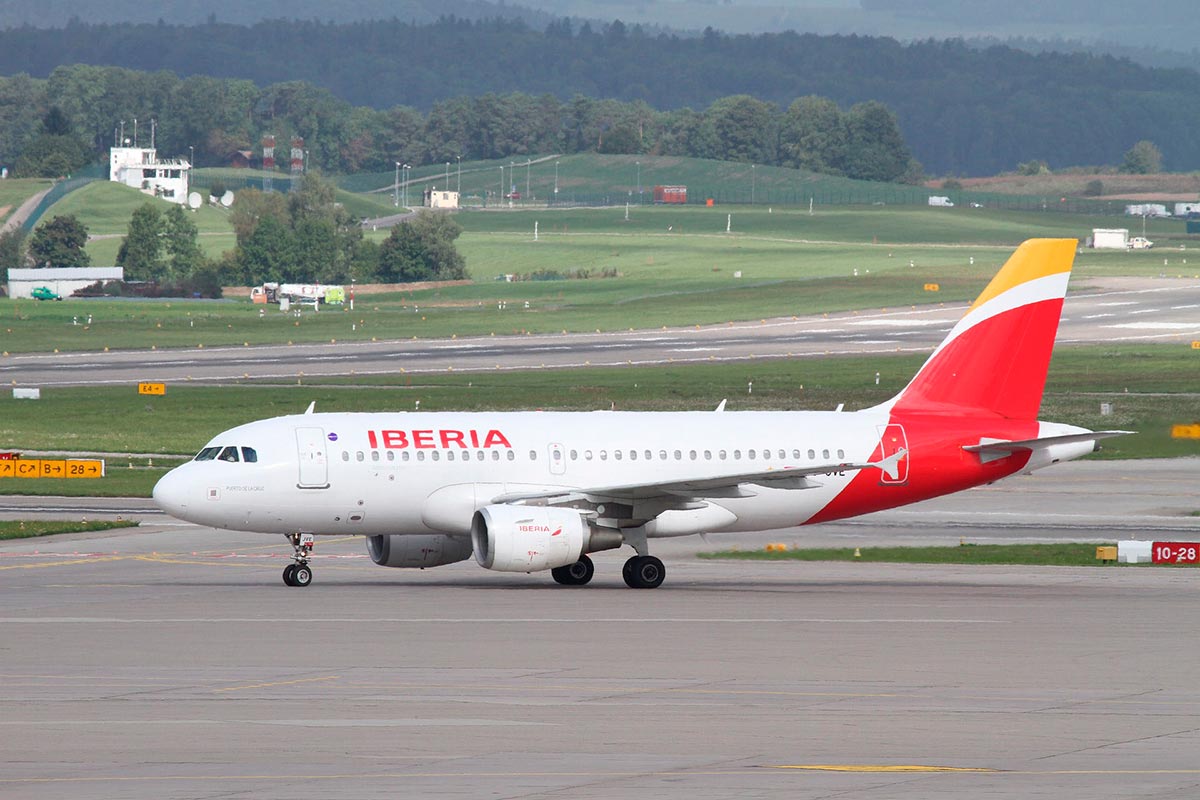
Iberia plans to purchase Air Europa's stake for €500 million, marking a significant shift in the European aviation industry following the coronavirus pandemic. The acquisition is valued at €500 million and is expected to be completed in 2024. IAG has proposed strategic concessions to increase competition, including surrendering routes and slots to competitors like Ryanair, Volotea, and World2Fly. The merger aims to convert Madrid-Barajas into a competitive hub for intercontinental flights, boosting passenger traffic and improving connectivity. The merger is expected to create between 1,250 and 1,800 direct jobs, augment Madrid airport's earnings by €30 million, and enhance air cargo traffic by 16,000 tons.
(Source: Aerovalue. Read article here)
Welcome to Aerovalue's Weekly Aviation Briefing, your go-to source for the latest in the skies. From the bustling runways of global airports to the dynamic operations of airlines and the ever-evolving world of air cargo, we bring you the most up-to-date and insightful news. Dive in with us as we explore the latest trends, breakthroughs, and developments shaping the aviation sector. Stay informed, stay ahead – with Aerovalue.
(Source: Aerovalue)
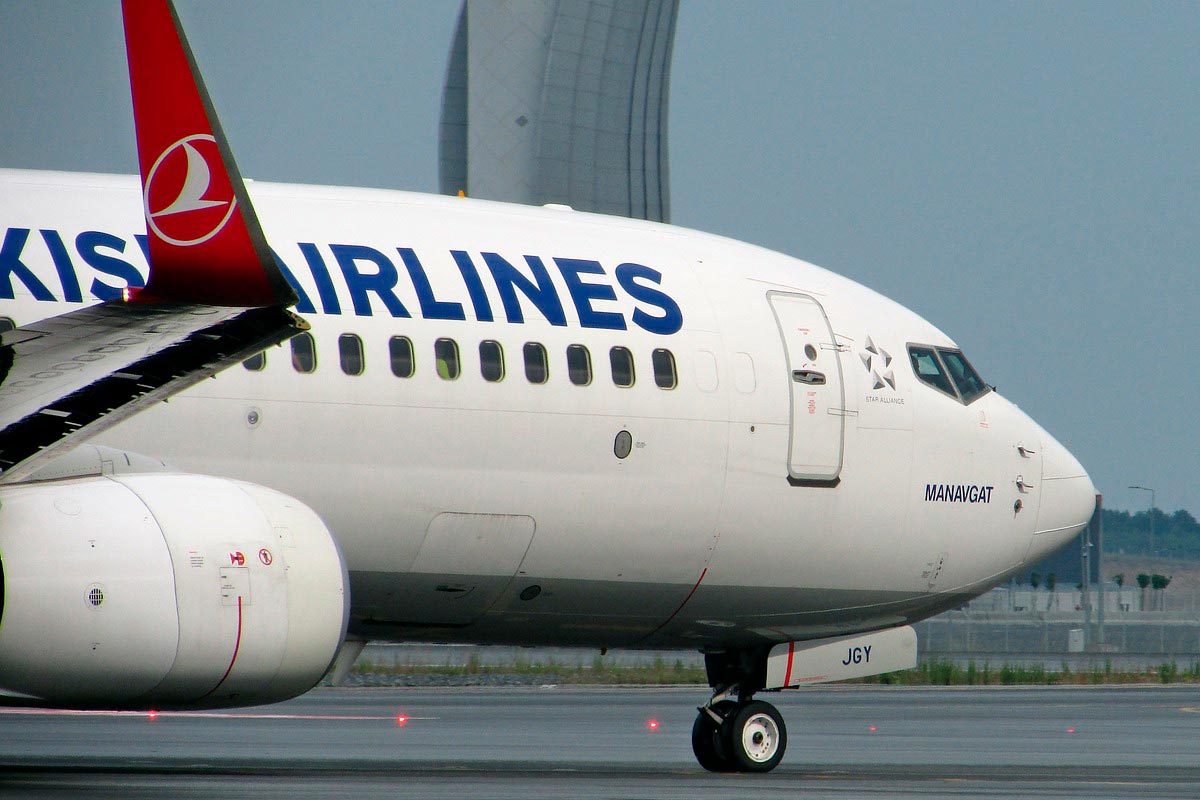
Turkish Airlines and Riyadh Air have signed a Strategic Cooperation Memorandum of Understanding to offer benefits to guests traveling between the Kingdom, Türkiye, and points beyond their Riyadh and Istanbul hubs. The agreement will allow customers to use each carrier's worldwide network through a comprehensive interline and codeshare agreement. The partnership will also allow loyalty program members to earn points or credits when traveling on codeshare services operated by the other.
(Source: CARGO TRENDS. Read article here)
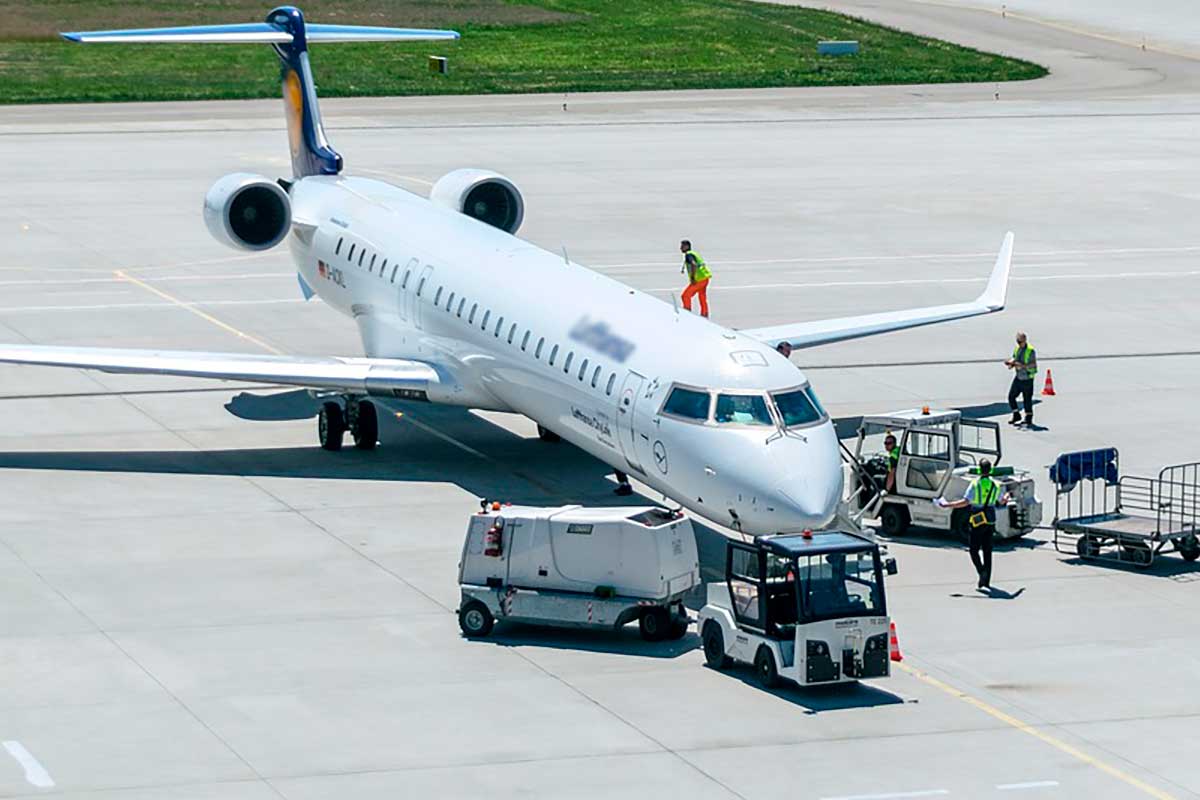
The International Air Transport Association (IATA) predicts that the airline industry's net profits will reach $23.3 billion in 2023 and $25.7 billion in 2024, overcoming three years of losses due to the COVID-19 crisis. The number of passengers is expected to reach 4.7 billion in 2024, setting a historical high that exceeds the pre-pandemic level of 4.5 billion recorded in 2019. The number of flights will rise to 40.1 million, but this peak in revenue and passengers will not translate into record results for the companies due to narrowing margins. However, the profits reported are well above the forecasts given by IATA last summer, when it predicted a profit of $9.8 billion for 2023. Passenger revenue is expected to reach $717 billion in 2024, up 12% from $642 billion in 2023. The load factor is estimated to reach 82.6% in 2024, slightly better than in 2023 (82%) and equal to 2019. The aviation industry is expected to increase the use of sustainable aviation fuels (SAF) to reduce its carbon footprint.
(Source: Ramón Muñoz - EL PAIS. Read article here)

Four significant airlines now dominate the U.S. airline industry: American Airlines, Delta Air Lines, Southwest Airlines, and United Airlines. Eight big airline mergers since 2000 have reshaped the industry, with storied names like Continental Airlines, Northwest Airlines, and US Airways disappearing into other brands. Two more mergers are proposed: JetBlue Airways wants to buy Spirit Airlines for $3.8 billion, and Alaska Airlines has agreed to buy Hawaiian Airlines for $1.9 billion. These mergers have shaped the industry, with American Airlines, Delta, Southwest, and United now flying 78% of all seats in the U.S. market. Two more mergers are proposed, with JetBlue Airways attempting to block Spirit Airlines and Alaska Airlines agreeing to buy Hawaiian Airlines.
In 2011, Southwest and AirTran merged to form Southwest-AirTran, which would combine the largest U.S. airlines by seats. In 2013, US Airways and American merged to form American, which would be the market leader. In 2016, Alaska announced a deal to buy Virgin America, bringing together the country's sixth and 11th largest airlines. In 2022, JetBlue and Spirit merged to become the fifth-largest U.S. airline by seats. Alaska and Hawaiian recently announced a deal to buy Hawaiian for $1.9 billion, with the combined airline operating with two customer-facing brands. The merger is expected to close by June 2025.
(Source: Edward Russell - SKIFT. Read article here)
Welcome to Aerovalue's Weekly Aviation Briefing, your go-to source for the latest in the skies. From the bustling runways of global airports to the dynamic operations of airlines and the ever-evolving world of air cargo, we bring you the most up-to-date and insightful news. Dive in with us as we explore the latest trends, breakthroughs, and developments shaping the aviation sector. Stay informed, stay ahead – with Aerovalue.
(Source: Sean Lewis - WGN News. See video here)
Welcome to Aerovalue's Weekly Aviation Briefing, your go-to source for the latest in the skies. From the bustling runways of global airports to the dynamic operations of airlines and the ever-evolving world of air cargo, we bring you the most up-to-date and insightful news. Dive in with us as we explore the latest trends, breakthroughs, and developments shaping the aviation sector. Stay informed, stay ahead – with Aerovalue.
(Source: Aerovalue)

The European Commission has requested airlines to standardize luggage sizes to simplify travel for passengers and reduce hidden extra costs. The Commission prefers to let the industry create the rules, and has proposed measures to reinforce passengers' rights legislation, including a standard EU-wide reimbursement form and increased awareness of their rights.
(Source: Aida Sanchez Alonso - EURONEWS. Read article here)
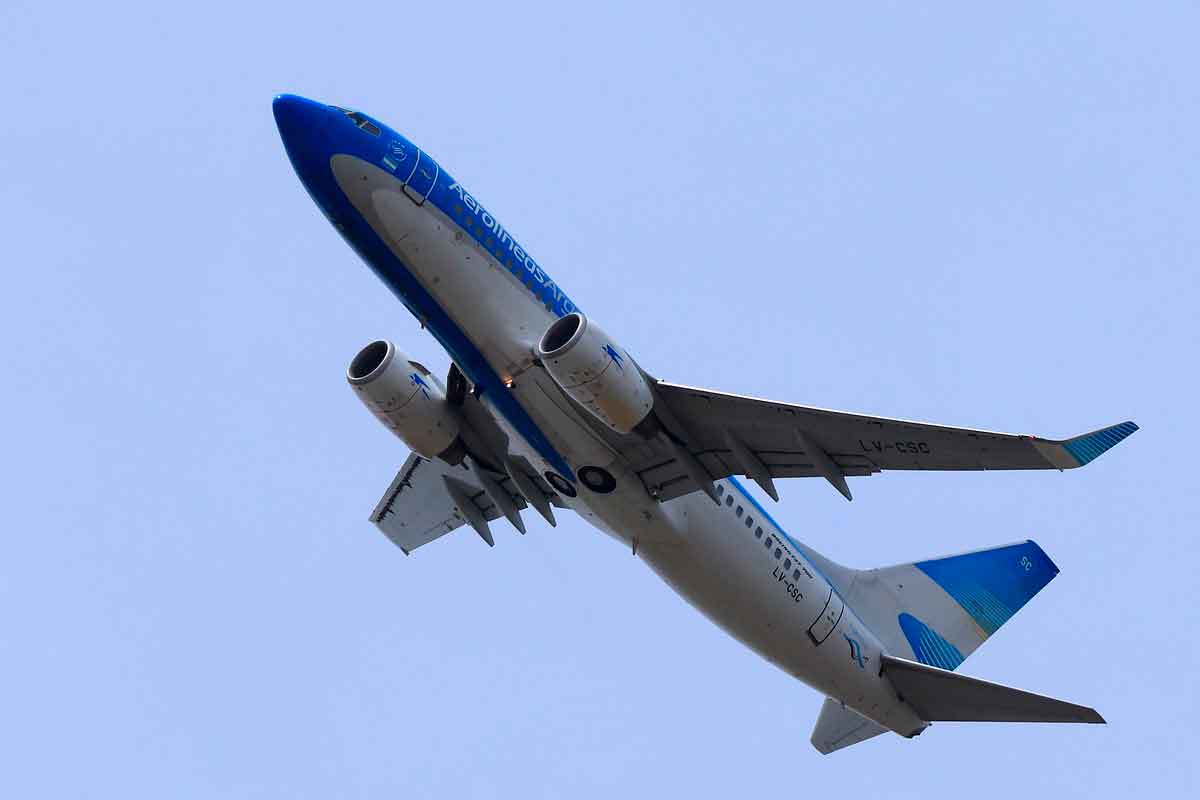
Argentina's aviation industry leaders are set to resist President Javier Milei's plans to privatise the state airline Aerolíneas Argentinas. The move follows Milei's victory in the presidential run-off vote, which saw him pledge to hand over shares to workers and reduce state funding. The hard-left Unidad Piquetera social movement plans to lead a march in Buenos Aires against Milei's austerity measures. The country is currently facing its worst economic crisis in two decades, with annual inflation reaching 142% in October.
(Source: Clara Nugent - FINANCIAL TIMES. Read article here)
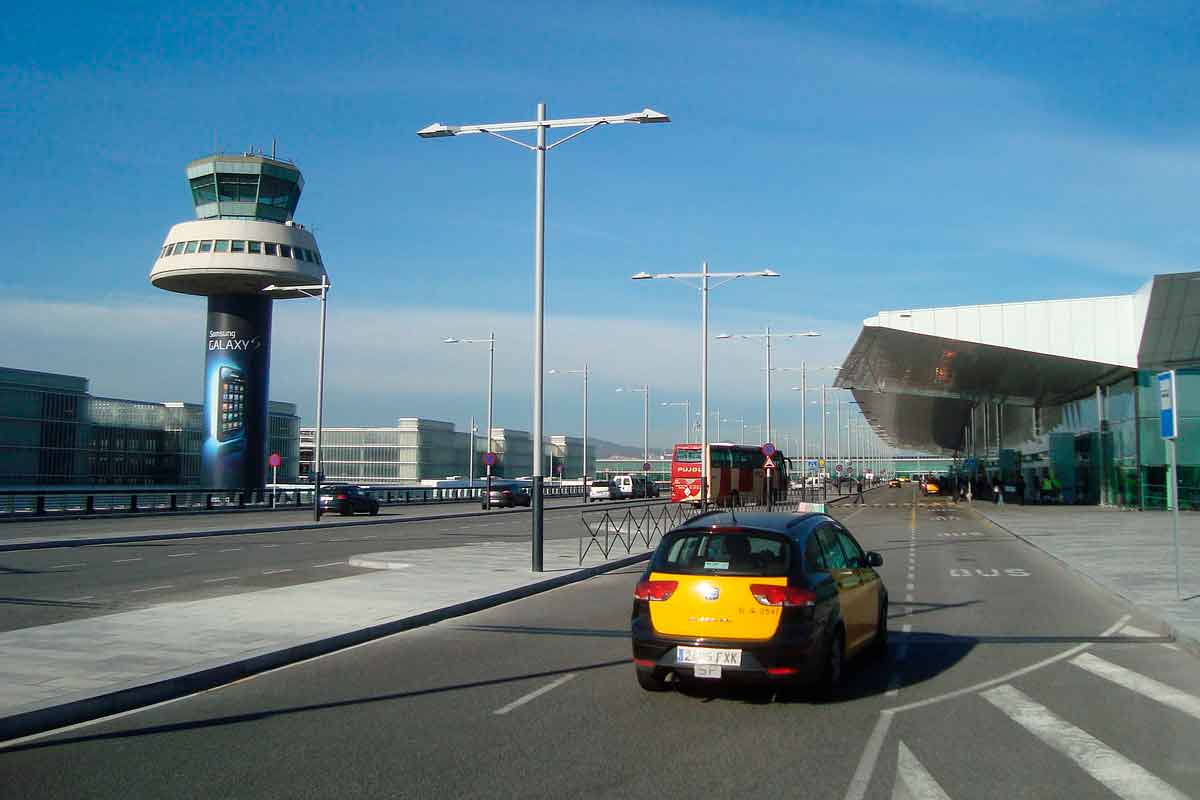
The International Airlines Group (IAG) has announced that low-cost, long-distance airline LEVEL will receive its own Air Operator Certificate (AOC) and become the fifth airline in the group. LEVEL, established in 2017, generates double-digit margins due to feeder traffic from IAG's short-haul flights in Barcelona. The airline will expand its fleet from five to eight aircraft, including a sixth Airbus A330-200 by March 2024 and two additional A330s by the end of 2026. LEVEL will also reconfigure its cabin to include 42 Premium Economy seats and 269 Economy seats.
(Source: Gastón Sena - AVIACIONLINE. Read article here)
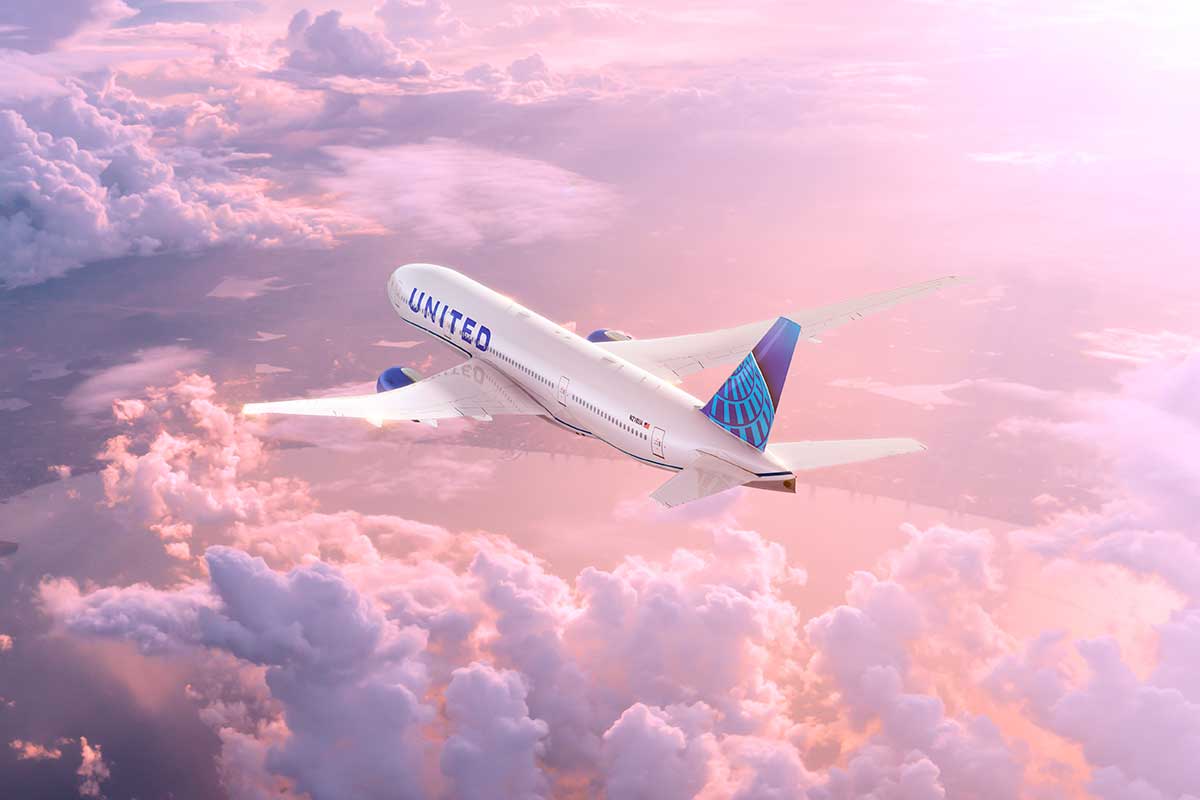
United Airlines has set a record in pilot hiring, hiring 270 pilots in October 2023, marking the highest number in a single month. The Chicago-based airline aims to surpass its 2022 record of 2,500 pilots. United Airlines plans to hire at least 10,000 pilots over the next decade, with significant orders of narrow and wide-body aircraft. The company's hiring strategy reflects optimism in the future of commercial aviation and air travel demand.
(Source: Roberto Mtz Armendáriz. TRANSPONDER 1200. Read article here)

IAG anticipates a medium-term operating profit of over 1.500 million euros in Spanish businesses, pledging to distribute dividends to shareholders once its balance sheet stabilizes and investment plans are advanced.
(Source: EUROPA PRESS. Read article here)

Delta Air Lines and El Al Israel Airlines have applied for US Department of Transportation's authorization to engage in reciprocal codeshare services beyond the United States and Israel. The partnership aims to strengthen Delta's connection to Israel by offering more customers unrivaled access to destinations across the United States. Delta is also looking to offer more destinations through El Al's route map, including Sharm El-Sheikh in Egypt and other non-open skies points. Delta is currently not flying to Tel Aviv Ben Gurion International Airport due to the ongoing conflict.
(Source: Daniel Martínez Garbing - SIMPLE FLYING. Read article here)
Air Canada has denied responsibility in a $20 million gold heist lawsuit against Brink's, a Miami-based transport and security services provider responsible for transporting 400.19 kg of gold from Switzerland to Toronto. The airline denies negligence and claims that Brink's Switzerland Ltd. did not request or pay for insurance and extra security for the cargo. The theft, one of Canada's largest in history, raised questions about the safety protocols of Air Canada's cargo operations.
(Source: GLOBAL NEWS. See it here)

Airlines are struggling to convince investors to support the travel recovery despite reporting booming profits and spending billions on new planes. The MSCI index tracking global airlines is trading about 40% below pre-pandemic levels, with a fall of over 20% since July. Despite airlines ordering over 2,800 new planes this year, high fuel prices and economic fears have unnerved investors. Some Asian carriers, US airlines, and Ryanair have performed well, while Air France-KLM hit a record low. European airlines build on their post-pandemic recovery through increased airfares, but some cracks have appeared in the US market. The industry has a history of mistiming transactions, ordering planes during boom times only to arrive just as demand and yields fall.
(Source: Philip Georgiadis, Sylvia Pfeifer, Patrick Mathurin, Mercedes Ruehl and Claire Bushey - FINANCIAL TIMES. Read article here)
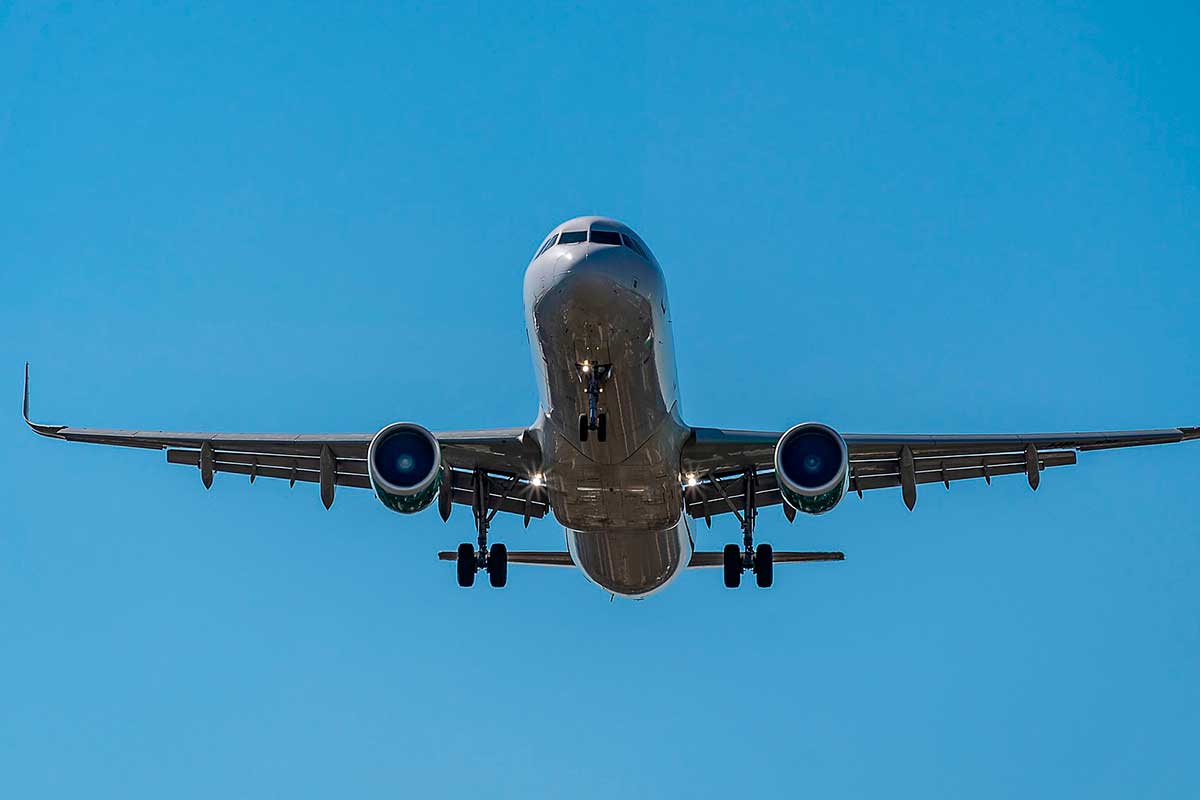
Boeing has surpassed its French rival Airbus at the 2023 Dubai Air Show, securing 295 aircraft orders compared to Airbus' 86 orders. The strong demand for wide-body jets at the show highlights Dubai's optimistic outlook for long-haul air travel and the Middle East market's importance to the aircraft model's demand. Emirates Airline ordered 90 of its 777 wide-body jets at $52 billion, followed by an $11 billion order from Emirates subsidiary and low-cost carrier FlyDubai for 30 of its first-ever-ordered 787 Boeing Dreamliners. The significant proportion of wide-body jets at the Dubai show reflects the surge in international travel in 2023 and favors Boeing, which is stronger than Airbus in widebodies and has snared approximately 50% of the Dubai dollar order value.
(Source: Natasha Turak - CNBC. Read article here)

Singapore Airlines and its Scoot subsidiary have set a 5% sustainable fuel target for its total fuel requirements by 2030. Sustainable aviation fuel (SAF) can reduce carbon emissions by up to 80% compared to traditional kerosene-based jet fuel, and is crucial for the aviation industry's net-zero emissions target by 2050. SAF can be produced from various feedstocks, including used cooking oil and animal fats. Singapore Airlines is in discussions with fuel suppliers to buy more SAF and has used the fuel for flights between Singapore and San Francisco since 2017.
(Source: Rob Gill - BTN EUROPE. Read article here)
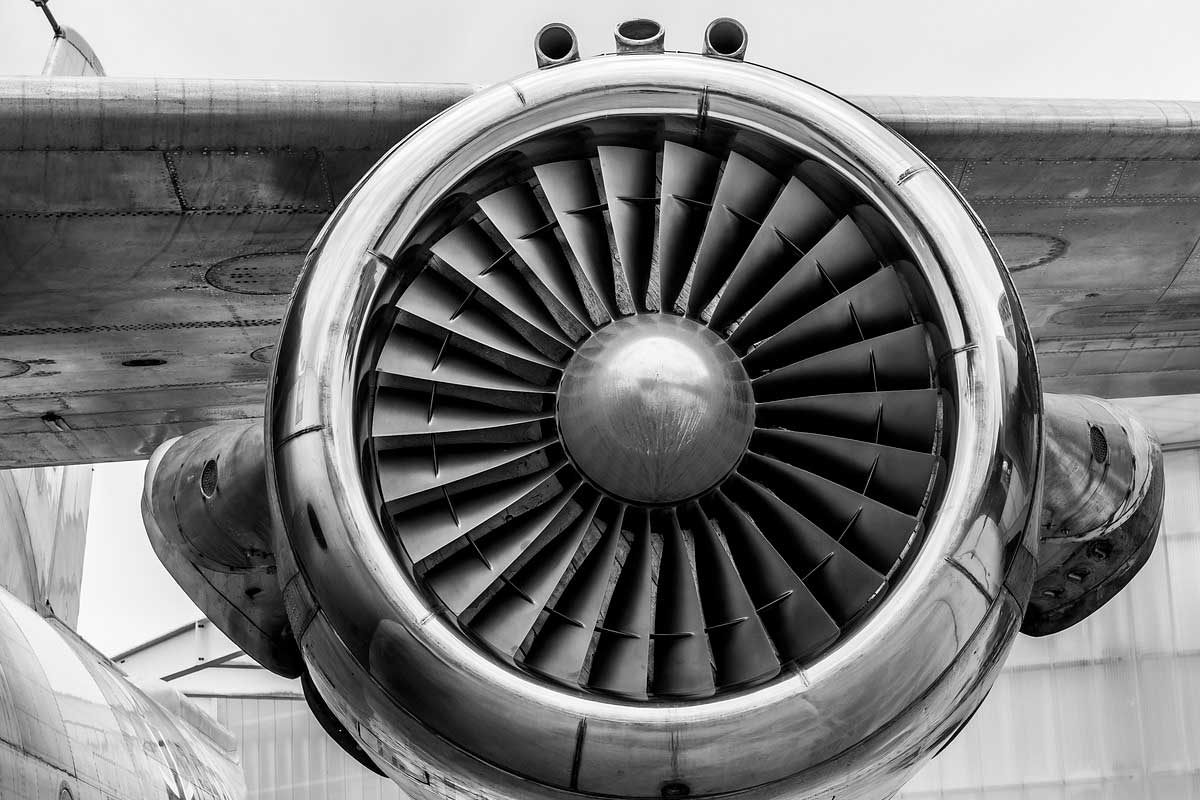
Latvian airline airBaltic has become the largest customer in Europe of the Airbus A220, with an order for 30 more A220-300s. The wings are manufactured at the former Bombardier premises in Belfast, now owned by Spirit AeroSystems. AirBaltic already operates a 44-strong fleet of A220-300s, making it the largest A220-300 operator in the world. The A220 offers a unique capability in terms of range, performance, and passenger appeal.
(Source: Margaret Canning - BELFAST TELEGRAPH. Read article here)
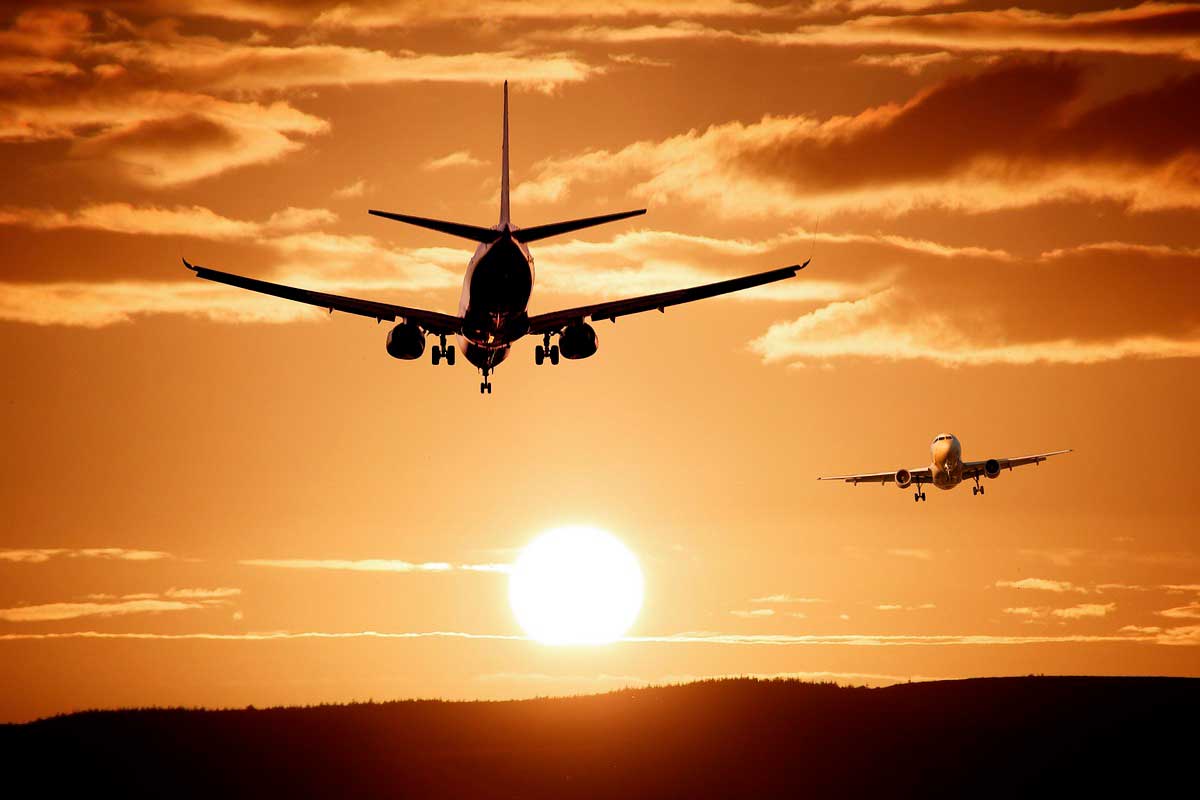
City Airlines, a new European airline, will launch in 2024 from Munich and Frankfurt, german operator Lufthansa is behind it. Operating with a fleet of Airbus A319, the airline aims to provide fast and convenient connections to European destinations, with plans to expand sustainably.
(Source: Liv Kelly. TIMEOUT. Read article here)
Welcome to Aerovalue's Weekly Aviation Briefing, your go-to source for the latest in the skies. From the bustling runways of global airports to the dynamic operations of airlines and the ever-evolving world of air cargo, we bring you the most up-to-date and insightful news. Dive in with us as we explore the latest trends, breakthroughs, and developments shaping the aviation sector. Stay informed, stay ahead – with Aerovalue.
(Source: Aerovalue)
Aerovalue is committed to protecting your privacy. We want to assure you that when you visit our webpage, we do not collect any personal information about you without your consent. We respect your online privacy and adhere to strict data protection regulations. Rest assured that your browsing experience on our website is secure and anonymous. If you have any concerns or questions about your privacy while using our webpage, please do not hesitate to contact us. Your privacy is important to us, and we are here to address any inquiries you may have.
Thank you for visiting Aerovalue